
Overview
Building on projects begun by DukeEngage Togo students eleven summers ago, a small team of students, the program director and a graduate assistant will spend eight weeks in two villages of northern Togo to address the pressing issue of youth migration. We will interview teens who leave for Benin and Nigeria (to find adventure and make money) and continue to develop projects that cater to youth need, by providing support for two cyber cafés built by Duke students, financing alternative sources of income for youth, working in a local health clinic, continuing a writer’s collective, and working on a range of more technical (engineering) initiatives.
Students live with families in villages about ten hours from the nation’s capital. While strikingly beautiful—the villages are located in a small tropical mountain range, lined with terraces—over-worked soils and mountain habitat allow little more than subsistence farming (hence the desire of youth to leave) and amenities are minimal. The area is culturally rich and students will have the opportunity to witness initiation and funeral ceremonies during their stay. They will also acquire up close exposure to development in practice, with all its promises and frustrations. Each Wednesday, students visit a market town an hour away to buy supplies, and on Saturdays they attend a large regional market—markets which are the lifeblood of the villages and sites of vigorous commerce and sociality.
The program director has conducted anthropological research in northern Togo for three decades and has partnered with local community organizations over the past fifteen years in bringing DukeEngage students to carry out service projects in the area. Coming to terms with migration in one of the world’s poorest regions—through engaging the intimacies and everyday lives of teens themselves—is a transformative experience for students.
Community Partnerships
Projects will be developed throughout the academic year and will match student skills to community needs. There is substantial room for creativity and innovation on the part of volunteers. Potential partners include:
- Affaires Sociales Farendé, a community service organization with a focus on youth
- A cyber café in Farendé
- Case de Santé Kuwdé, a health clinic in the mountain village of Farendé
- Centre de Jeunesse-Kuwdé, a cyber café in the mountain community of Kuwdé
Projects might include:
- Working in a cyber café to make it more user-friendly — teaching typing and internet skills, creating pen-pal relationships with students at Duke, providing technical support for staff, teaching programming and website development
- Working with a microfinance initiative for teens first established by a DukeEngage student in summer 2013
- Continuing to work with a local Writer’s Society established by a DukeEngage student in summer 2013 and continued each summer since. The aim of the workshop is to produce online-publishable works, both fiction and non-fiction, by local teens
- Exploring ways of enhancing local library and school resources, including collecting and digitizing the writings of local scholars about Kabre history, language, folklore, culture
- Other potential projects: students interested in health can support work in a local clinic; students interested in archiving local culture can continue the project of a DukeEngage student who began collecting folktales in this folktale-rich area; students with backgrounds in the biological sciences and human-animal relations might explore ways of mitigating the ravages of monkeys on village fields (which makes farming ever more risky, and further drives youth away); engineering students might work on a nut sheller that will have revolutionary impact on the work of women in the community, or continue to work on a latrine sanitation project (created by Pratt students ), which produces bio-gas and algae for a fish pond.
Program Requirements
Language: Advanced beginner or intermediate French is required. Students are encouraged to take French classes and/or attend language labs during the semester prior to departure.
Coursework: Students will be encouraged to take an independent study class with the program director in spring 2024, to help prepare them for their work experience.
Personal qualities: Students must be adventurous and willing to live without the usual comforts (electricity, running water).
Logistics
Housing, meals, and transportation: Students live with families in mud compounds, where they’ll be surrounded by children and animals, and within short walking distance of the other students in the program, and of their workplaces. The families are gracious to a fault — they treat visitors like royalty — and Duke students have had nothing but praise for their homestay experiences. Amenities are scarce, with kerosene lanterns and flashlights, bucket showers and latrines the norm. Each student will have their own room and key. Families are protective and respectful of students’ need for privacy. Families will provide food at noon and in the evening, with students feeding themselves breakfast.
Local safety, security, and cultural norms: We encourage students who have questions or concerns about health or safety in international programs to check Duke’s International SOS (ISOS) portal for relevant information. If you have special needs related to health, culture, disability, or religious practices, please contact the program director(s) or the DukeEngage office to discuss whether your needs can be accommodated in this program.
For guidance on how race, religion, sexual/gender identity, ability, or other aspects of identity might impact your travels, we suggest exploring the Diversity, Identity and Global Travel section of the DukeEngage website.
Academic Connections
This program is open to all, and may be of particular interest to students studying International Comparative Studies, Global Health, Public Policy, Cultural Anthropology, African and African American Studies, Engineering, or French. There are also opportunities to take an Independent Study class with the Program Director upon return, for those who might be interested in shaping their summer work into publishable form.
DukeEngage cannot guarantee that any program will occur. Programs may be cancelled for various reasons, including COVID considerations.
Related Links
- DukeEngage Togo 2017 Blog
- DukeEngage Togo 2016 Blog
- Doing Development the Right Way: A Conversation with Charles Piot (Article by Alma Gottlieb, 2018)
- A Togo Model for Student-Led Development Projects (Duke Today)
- Published Student Research (see pg. 14)
- Togo Where No One Has Gone Before (Duke Magazine)
- DukeEngage Togo 2014 Blog
Photo Gallery: DukeEngage Togo
- View Image 1:
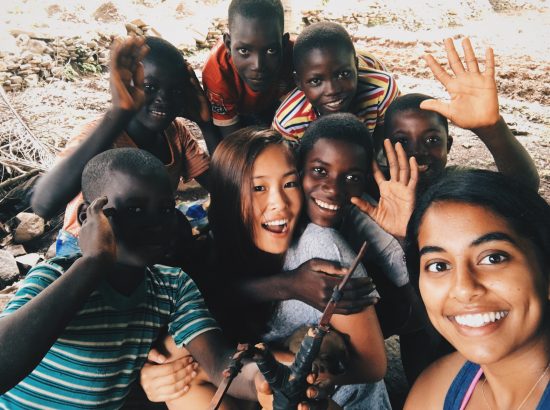
- View Image 2:

- View Image 3:

- View Image 4:
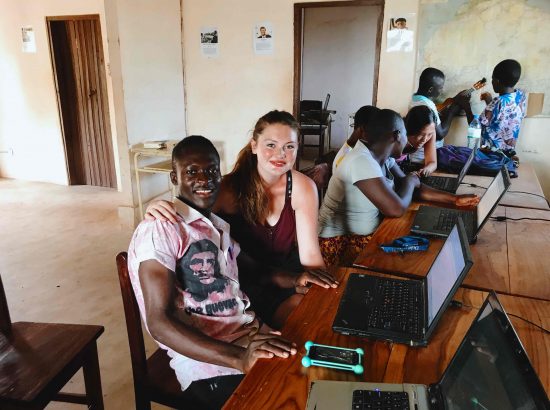
- View Image 5:

- View Image 6:

- View Image 7:
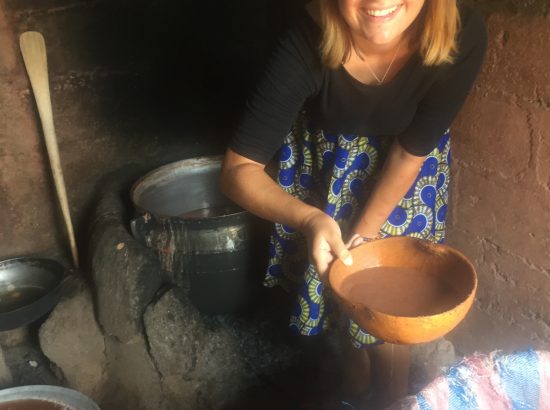
- View Image 8:

- View Image 9:

- View Image 10:

- View Image 11:
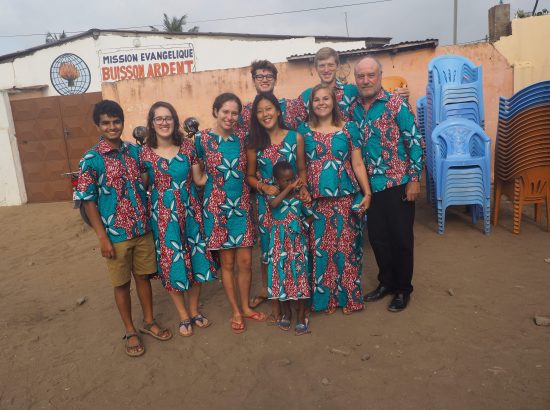
- View Image 12:

- View Image 13:

- View Image 14:

- View Image 15:

- View Image 16:

- View Image 17:

- View Image 18:

- View Image 19:
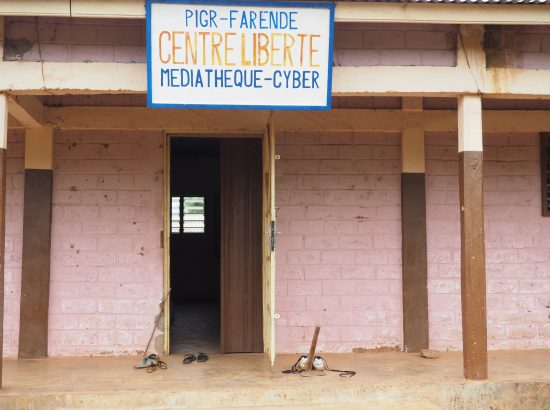
- View Image 20:

- View Image 21:

- View Image 22:

- View Image 23:

- View Image 24:

- View Image 25:

- View Image 26:

- View Image 27:

- View Image 28:

- View Image 29:

- View Image 30:

- View Image 31:

- View Image 32:
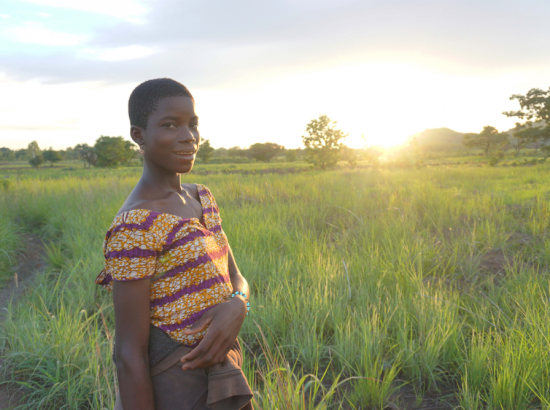
- View Image 33:

- View Image 34:

- View Image 35:
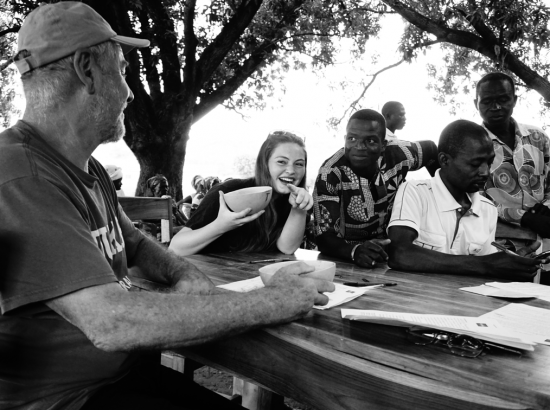
- View Image 36:
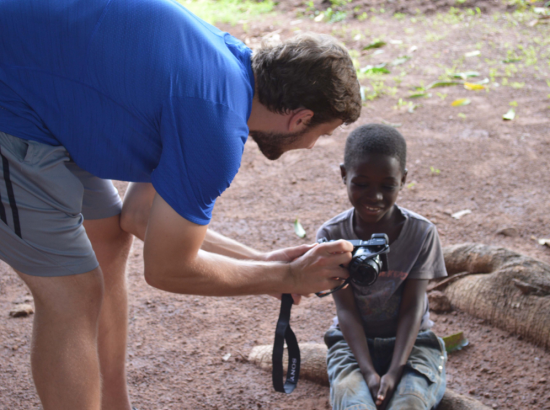
- View Image 37:

- View Image 38:


